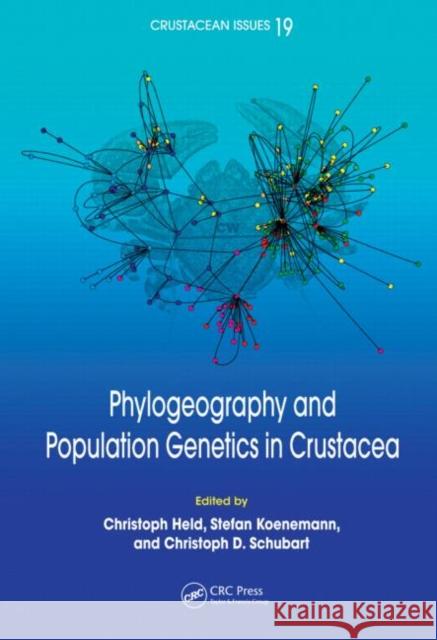Phylogeography and Population Genetics in Crustacea » książka
Phylogeography and Population Genetics in Crustacea
ISBN-13: 9781439840733 / Angielski / Twarda / 2011 / 410 str.
Phylogeography and Population Genetics in Crustacea
ISBN-13: 9781439840733 / Angielski / Twarda / 2011 / 410 str.
(netto: 592,56 VAT: 5%)
Najniższa cena z 30 dni: 556,35
ok. 16-18 dni roboczych.
Darmowa dostawa!
Recently, technological progress and the rise of DNA barcoding efforts have led to a significant increase in the availability of molecular datasets on intraspecific variability. Carcinologists and other organismal biologists, who want to use molecular tools to investigate patterns on the scale of populations, face a bewildering variety of genetic markers, analytical methods, and computer programs from which to choose. A modern overview of population genetic and phylogeographic studies, Phylogeography and Population Genetics in Crustacea offers insights to guide research on intraspecific genetic variation in crustaceans. Combining theory and case studies of current best practices, the book helps researchers select methods of analysis and interpret their results. The theoretical chapters discuss the potential of currently used and upcoming molecular markers in the context of marine non-model species. They also gather practical tips and address the effect of seldom-discussed sources of error, such as spatial and temporal variation, stochasticity, and choice of statistical parameters. Case studies of marine and limnic crustaceans from around the world highlight the importance and diversity of sources of population structure in intraspecific variation. Written by an international team of 46 leading experts, the book showcases the use and analysis of molecular markers, including mitochondrial and nuclear DNA sequence data, coding and non-coding sequences, microsatellites, and cytogenetics. It gives researchers and students a valuable summary of current knowledge on the processes that shape genetic variability and geographic distribution patterns in space and time.











